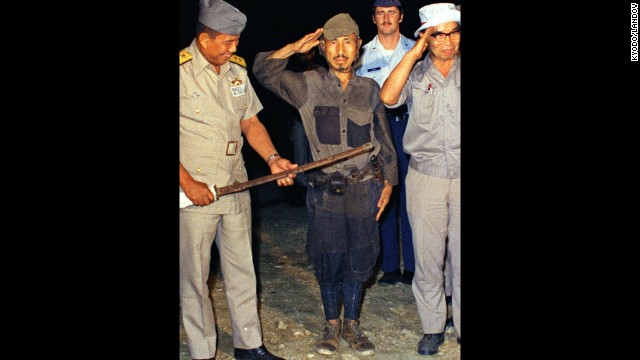
It was in 1974 when a Japanese soldier, Hiroo Onoda, was found living in the Philippine jungle. He had been hiding there since World War II ended in 1945, unaware that the war had ended. For decades, he continued to live a life of a soldier, waiting for orders from his commanding officer.
But the news of the last Japanese soldier found is a different story. In June 2019, the remains of Private First Class Yoshio Yamakawa were discovered in the island of Lubang, Philippines. He was 24 years old when he died in 1944, during the closing days of the war.
The Discovery
The discovery of Yamakawa's remains was a result of a joint effort between the Japanese and Philippine governments. A team of Japanese researchers and archaeologists went to Lubang to search for the remains of Japanese soldiers who died during the war.
The team found Yamakawa's remains in a shallow grave, along with his helmet, canteen, and other personal belongings. They also found a note that Yamakawa had written to his family, expressing his love for them and his hope to see them again.
The Life of Yoshio Yamakawa

Yamakawa was born on February 6, 1920, in the city of Nagano, Japan. He was drafted into the Imperial Japanese Army in 1941, at the age of 21. He was sent to the Philippines in 1942, where he became part of the 9th Company of the 16th Division.
During the Battle of Lubang, which took place on February 1945, Yamakawa and his fellow soldiers were surrounded by the American forces. They were forced to retreat into the jungle, where they continued to fight for survival.
Yamakawa was one of the soldiers who decided to stay behind and continue the fight. He lived in the jungle for several months, surviving on coconuts and bananas. He also engaged in guerrilla warfare against the American forces, sabotaging their supplies and communications.
The Legacy of Yoshio Yamakawa

The discovery of Yamakawa's remains brought closure to his family, who had been searching for him for more than 70 years. It also highlighted the sacrifices made by Japanese soldiers during the war, and the brutality of the conflict in the Philippines.
Yamakawa's story also serves as a reminder of the importance of peace and reconciliation. The Japanese and Philippine governments have been working together to locate and identify the remains of Japanese soldiers who died during the war, in order to give them a proper burial and honor their memory.
Conclusion
The discovery of the last Japanese soldier found, Private First Class Yoshio Yamakawa, is a significant moment in history. It not only brings closure to his family, but also sheds light on the sacrifices made by Japanese soldiers during the war. Yamakawa's story is a reminder of the importance of peace and reconciliation, and the need to honor the memory of those who fought and died during the conflict.